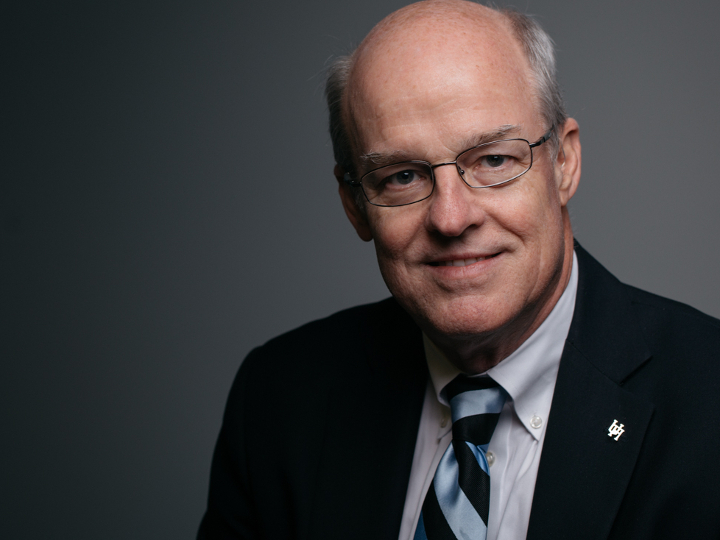
Reading experts have effective strategies to help many of the youngest children who struggle to read, but those approaches have been less effective with older students. Children with reading difficulties whose first language isn’t English pose special challenges for intervention.
The Texas Center for Learning Disabilities, a multidisciplinary research center led by the University of Houston, will tackle the issue with an $8.4 million grant from the National Institute on Child Health and Human Development.
The competitively awarded federal grant is the third for the center since it was established in 2006 to address learning disabilities from a variety of disciplines. Jack Fletcher, chair of the UH psychology department and principal investigator for the grant, and some of his collaborators have spent the past 25 years addressing learning disabilities involving reading and math.
The center, which includes researchers from the University of Texas Health Science Center at Houston and UT-Austin, is overseen by the UH Department of Psychology and the Texas Institute for Measurement, Evaluation and Statistics (TIMES), led by UH psychology professor David Francis.
Francis has long worked on issues involving minority language speakers, known as English language learners; he will work on this project, along with professors Elena Grigorenko and Arturo Hernandez, associate professor Paul Cirino, and research assistant professors Jeremy Miciak and Pat Taylor, all with the UH Department of Psychology; Jenifer Juranek, associate professor at UT Health; and Sharon Vaughn, executive director, Meadows Center for Preventing Educational Risk, Gregory Roberts, associate director of the Meadows Center, and Jessica Church-Lang, assistant professor of psychology, all with UT-Austin.
The center has led some of the key breakthroughs in understanding learning disabilities:
- A fundamental shift in how a disability is identified, making diagnostic decisions only after intervention rather than simply because a student’s achievement test score is lower than the score on an intelligence test would predict
- Evidence that early intervention can dramatically reduce the number of students who struggle to read
- Demonstrating that learning to read prompts new neural networks in the brain
The work is the result of “team science,” Fletcher said, an interdisciplinary approach to understanding the classification, early intervention and remediation of learning disabilities. It includes the use of brain imaging and computer simulations, in addition to work in public school classrooms in Houston and Austin.
Grigorenko’s arrival at UH in 2015 – her work spans both developmental psychology and molecular genetics – added a genetic component to the center’s work, allowing it to delve more deeply into the epigenetic response to intervention and help address the central question the center seeks to answer: Why do some children pick up reading easily, while others struggle? And when children struggle, what can help them succeed?
Working with older students is a natural evolution, Fletcher said, because researchers have established effective interventions for early grades, although not all schools use them. Middle schoolers who are English learners often have trouble reading even when their command of conversational English is good, he said.
But it’s unclear how a variety of factors – economic disadvantage, language proficiency and learning disabilities – interact to cause the problems that children experience in reading.
Students in the project have been previously classified as English learners but have met school benchmarks for English proficiency to participate in mainstream instruction. They will receive intervention to improve reading skills, while researchers also will collect information through brain imaging, genetic and cognitive testing.
“This is real team science,” Fletcher said. “Lots of people from different disciplines, working together to bring science to education.”